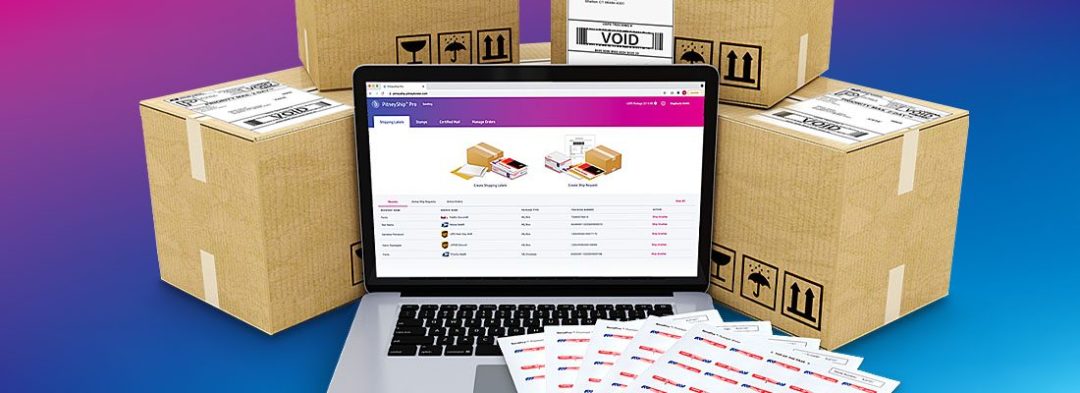Pitney Bowes tries wooing clients away from rival Stamps.com
Move follows “a recent and sudden price increase” by its competitor, Pitney says

Shipping and mailing company Pitney Bowes Inc. is encouraging a rival’s clients to switch to its parcel-shipping software program in the wake of what it calls “a recent and sudden price increase by Stamps.com.”
Stamps.com is a provider of Internet-based postage services targeted at small businesses and home offices that allows users to print U.S. Postal Service-approved postage themselves. The company is a unit of Auctane, a Texas-based shipping and fulfillment software vendor owned by the private equity firm Thoma Bravo LLC.
Auctane did not reply to a request for comment.
Stamford, Connecticut-based Pitney today issued an open letter to those Stamps.com customers encouraging them to switch, saying its software solution is superior in its ability to print shipping labels and stamps at discounted prices and is already priced 25 percent less than Stamps.com. Pitney also offered a raffle for five $10,000 cash gifts to any business that signs up for a 30-day free trial of its software over the coming month.
In its letter, Pitney said: “Do you believe Auctane, who owns stamps.com, truly cares about your business? They recently raised their already high monthly price for their stamps.com service that you use. They also doubled the price of their ShipStation service for clients who wanted to access their existing carrier accounts… We feel your pain.”
The move follows price hikes, known in the business as general rate increases (GRIs), announced in recent months by the nation’s largest parcel and mail carriers, including UPS Inc., FedEx Corp., and the U.S. Postal Service (USPS).
The nonprofit advocacy group Keep US Posted likewise flagged USPS’ latest, July 9 postage stamp price hike as “unprecedented and excessive,” warning that it would backfire by harming consumers and eventually losing money for the financially troubled postal service.
Related Articles

Copyright ©2024. All Rights ReservedDesign, CMS, Hosting & Web Development :: ePublishing